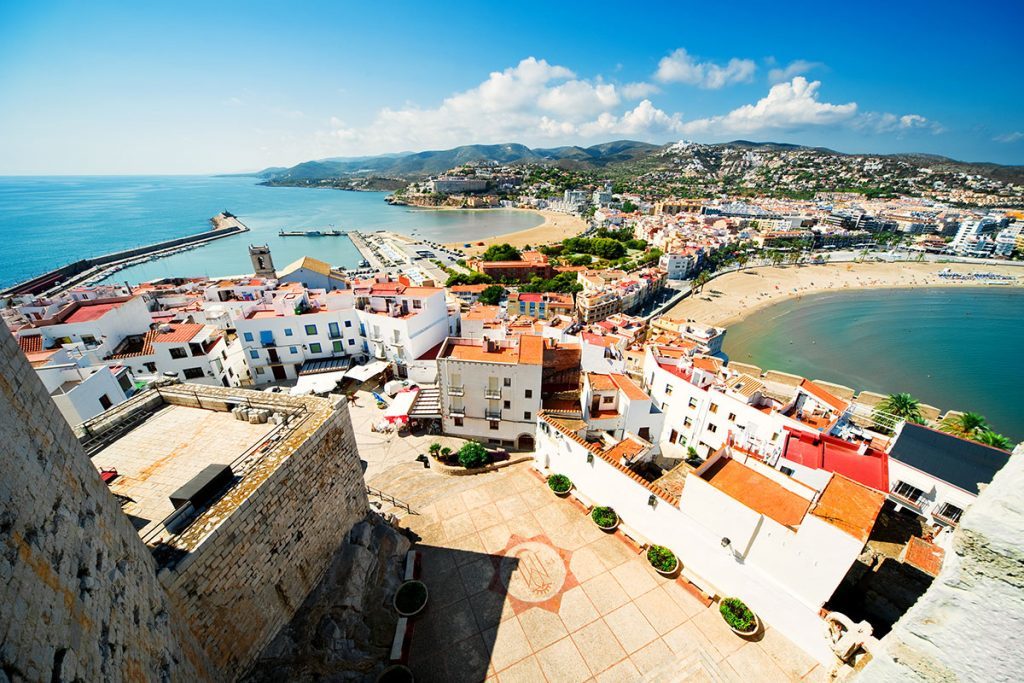Nearly 40% of European travellers to spend more on holidays
Contributors are not employed, compensated or governed by TDM, opinions and statements are from the contributor directly

New research from global travel technology company Sabre Corporation found that a significant percentage of European travellers plan to spend more on holidays in 2018.
As we approach the summer holidays, travel budget conversations start to rule the roost. Sabre surveyed more than 4,000 people in the United Kingdom, France, Germany and Italy who had travelled within the past 24 months to identify emerging trends when spending on travel and booking flights, hotels and extras. The research findings were announced at STX London, which brought together more than 400 airline, hotel and travel agency leaders to discuss and steer the evolution of the industry.
Summer Holiday
Of the countries surveyed, the study showed that more than 40% of respondents in Italy and the UK said they’d be spending more on holidays this year while 28% of French travellers and 30% of Germans traveller showed willingness to increase spend. In comparison, the survey indicated that only 15 percent planned to reduce spend.
The study found that travellers were also prepared to spend more than ever on flight and hotel extras that could improve their travel experience – an average of EUR 124 (USD 144). British travellers were shown to be the highest potential spenders, willing to spend an average of EUR 161 for airline ancillaries and hotel extras – a 17% increase as compared to 2016.
“Travellers are becoming increasingly discerning. They know what they want, they are willing to spend more on virtually all aspects of their travel experience – and it’s clear from our research that this willingness is increasing year by year,” said Roshan Mendis, chief commercial officer, Sabre Travel Network.
“Travel companies need to become better retailers and invest in new technology”
“This represents a great opportunity for players across the travel spectrum. However, to benefit from this anticipated increase in spend, travel companies need to become better retailers and invest in new technology and industry standards – such as IATA’s NDC – to offer travellers what they want based on their unique profiles.”
The International Air Transport Association (IATA)’s New Distribution Capability (NDC) is expected to transform how travel is sold by making it easier for airlines and third-parties to display rich content across all channels, just like online digital providers indicate unique content for each of their individual users.
Where to find the best deal

The study found that consumers are willing to spend, but in a travel ecosystem that is increasingly fragmented, the additional revenue might be spread out across various players. Respondents’ opinions were divided on where to start their search for the best deal on their holidays, particularly their flights:
- 27% would start with an online travel agent
- 23% would start at an airline’s website
- 17% would start with a metasearch engine
- 15% would start by asking a search engine
- 10% would start by going to their high street travel agent
As the industry becomes more fragmented, there are more places for consumers to consider when looking for travel. “Our survey indicates that people have dramatically different starting points when booking travel; it’s therefore important that travel suppliers make their content available to travellers through all channels – to foster trust and to simplify the booking process”, added Mendis.
The survey found that for the Brits it was all about trust and confidence; 32% would spend more if they knew that they had secured the best deal on their holiday. For French travellers, the study showed that being rewarded for their loyalty came out on top at 33%. Other reasons included receiving more compelling offers from their airlines and hotels (22%), being able to book all components of their travel in one place (20%) and if it was easier to find the products and services they were looking for (14 %).


Comments are closed.